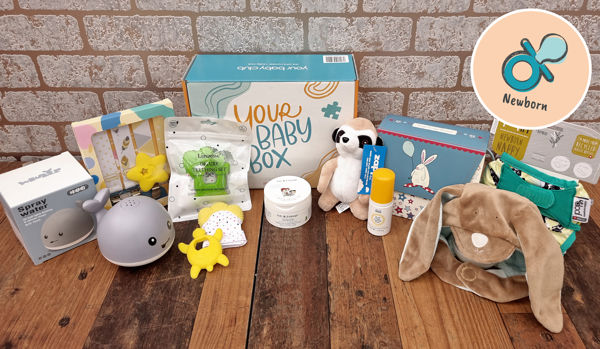Pregnancy can be a worrying time for mums-to-be, however, this anxiety may be considerably higher amid the current COVID-19 crisis, which has left many feeling uncertain and concerned about what lies ahead. Yet, babies are still being born, people transition into parenthood and families are forged - and this is still as beautiful as it ever was.
However, in light of the current environment, many women have had to alter their birth plans, be that regarding their place of birth, who will be with them during labour, and how they can access childcare in times of social distancing. Moreover, the continuous evolving of the situation can be unsettling, making it hard to truly plan.
As an expectant or new mum, protecting your emotional safety at this time is more important than ever, which is why here, Lesley Gilchrist, a registered midwife and co-founder of My Expert Midwife and Debs Neiger, Independent Midwife, have shared their expert advice on self-care during pregnancy and birth during COVID-19 to help you through this challenging period.
Grieve If You Need To
It is okay to feel upset and grieve for what is lost as a result of changes to your original plan. This is understandable and not a sign that you are not appreciative of what you do have. Don’t let others gaslight you into believing that you are overreacting. Your feelings are valid, and your emotional safety is as important as your physical safety.
Find Ways To Diffuse Stress
Stress and anxiety can be overwhelming, making it easy to forget the fundamental things that support your wellbeing and help your body produce good pregnancy hormones.
Remember the basics! Eat and drink well and in a way that feels nourishing to you. Move your body, get fresh air and look after your own personal and physical needs, such as napping, showering or taking a bath. Keep your immediate environment as comfortable as possible and find ways to keep your mind busy, preferably with breaks from COVID-19 news!
Seek Support
If you are feeling overwhelmed, confiding in a loved one, midwife or a healthcare professional may help, as can seeking support from others in your situation.
We are lucky to live in a day and age in which connection with others (especially remotely) is easier than ever. There is a range of online support groups or networks you could also explore, which offer emotional support with pregnancy and birth, giving you a place to share your concerns and listen to or learn from others’ experiences.
Prepare To Give Birth In The New Normal
Remember, your innate ability to birth your baby has not been affected by the coronavirus epidemic. The external circumstances have changed, but your biology has not.
That said, working on ways to enable your body to enter an oxytocin-infused labour land is as key as it ever was, which means preparing yourself as much as possible for giving birth in this new normal.
Some simple things you can do in advance include preparing your birth plan and packing familiar items with smells from home to take with you in your hospital bag. This could be a photo, affirmations, blanket or a pillow - whatever works!
Good headphones, as well as audiobooks, music or hypnobirthing tracks, might also be incredibly useful in the absence of in-person support. In addition, make sure you have sufficient data allowance on your phone so you can keep in touch remotely if you are giving birth in a hospital where partners have limited or no access to antenatal or postnatal wards.
It’s vital to remember that your rights as a birthing person have not been affected by COVID-19 and the new guidelines. Your birth preferences are still relevant, and you are able to query or decline any procedures and interventions.
Set Yourself Up For Your Babymoon
A small silver lining of the current social distancing regulations is that it provides a unique time and space to stay in your family bubble, without too many disturbances.
Make the most of this time to hunker down with your new little human and really get to know them. Consider what type of support you can still access from friends and family at this time. For instance, could food or shopping be left on the doorstep or perhaps washing could be taken with appropriate hygiene measures? Maybe grandparents could even do storytime via Facetime or Zoom for older siblings to give you a small break!
In addition, try to find out in advance whether your community midwives still visit. Some trusts have gone towards minimal contact in the community, so it might be pertinent to consider other support.
Local independent midwives are usually happy to offer postnatal support, remotely or in person. In addition, many IBCLCs (lactation consultants) are still offering services when it comes to breastfeeding queries and concerns, as are peer supporters. Note their numbers down antenatally, or even make contact, so you are prepared.
Hopefully, this advice will go some way to helping you feel more centred when it comes to planning for your upcoming birth. This is somewhat uncharted territory and none of us truly know how to deal with this situation optimally - all we can do is our best.
Be creative, resourceful and ask for help if you need to. Babies will keep on being born, and we, as parents are still perfectly placed to meet their needs. We just have to work a little harder to cater to our own needs during this time.
Co-written with Independent Midwife, Debs Neiger.








